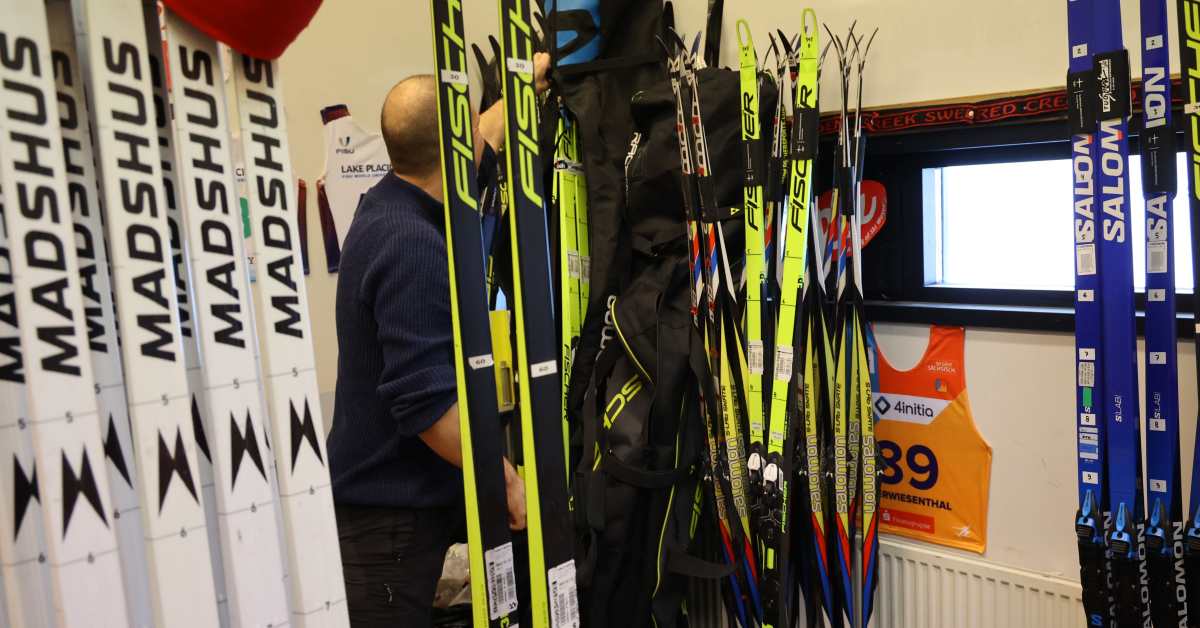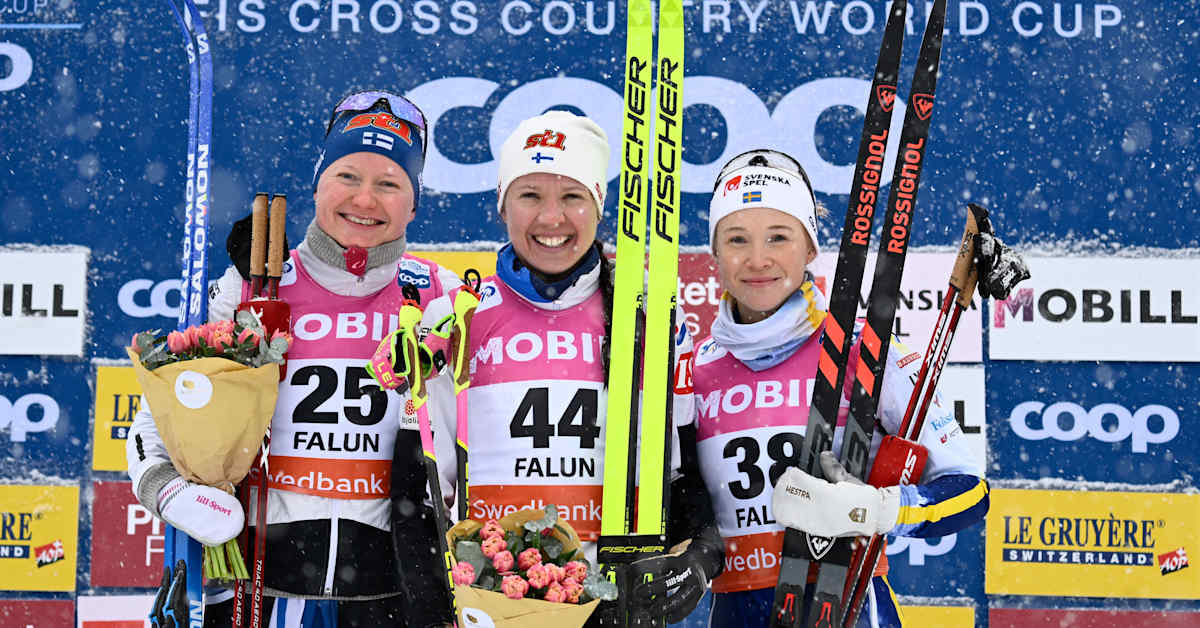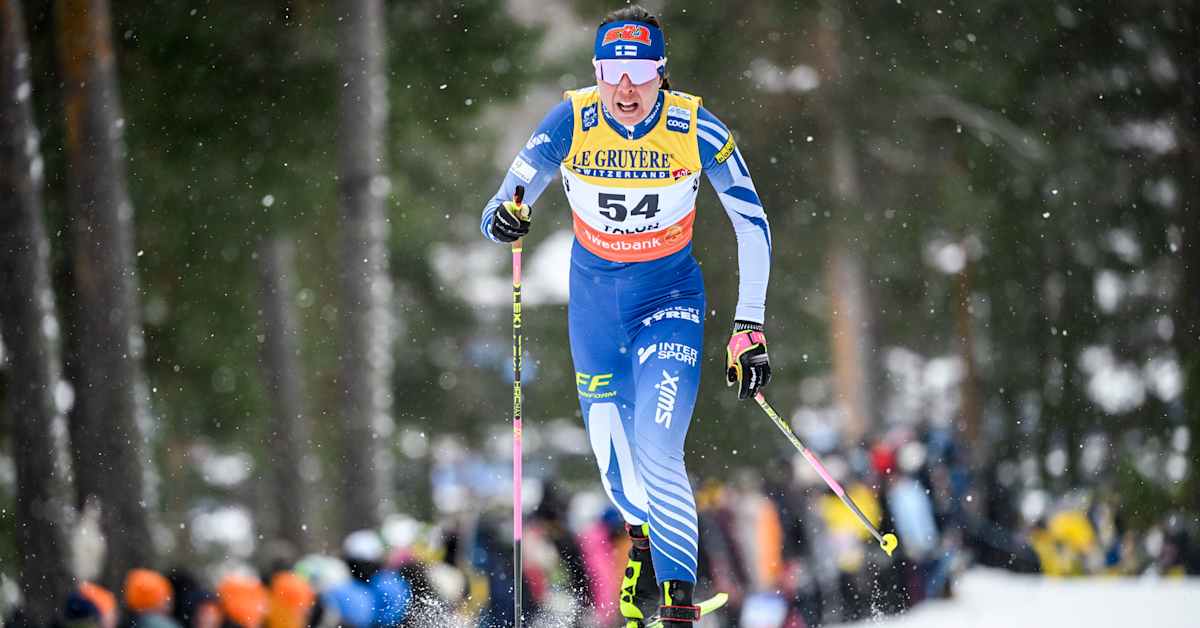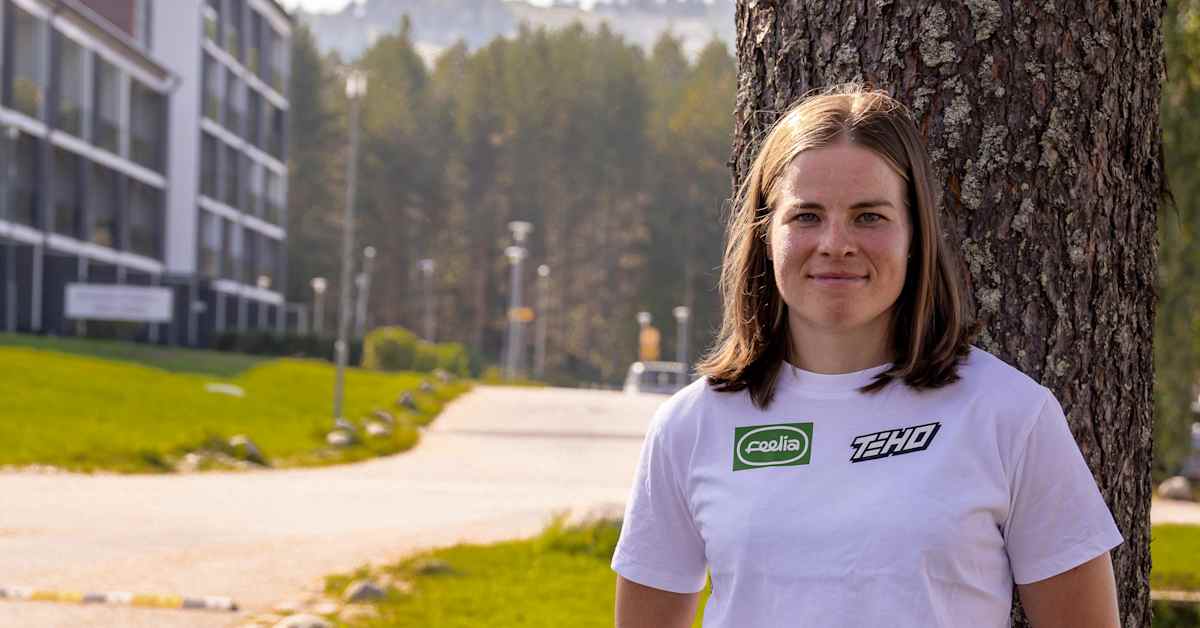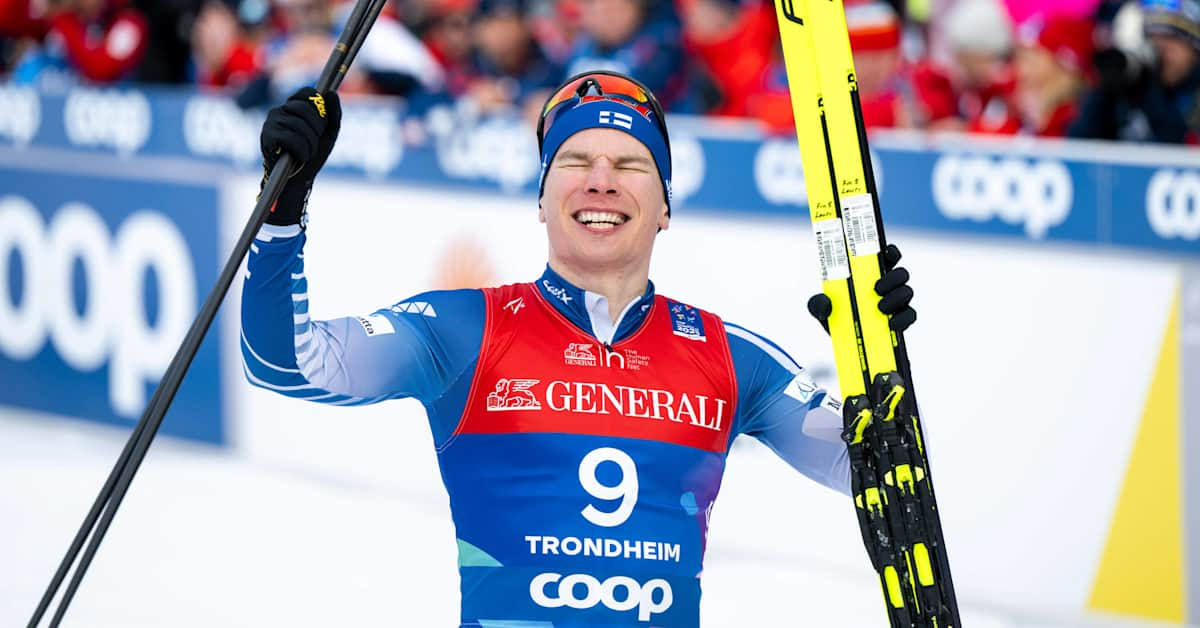
Precision ski-base grinding could decide Olympic medals
Originally published in Yle on November 07, 2025
Finnish cross-country ski success in 2024–25 has been closely linked to advances in ski-base grinding patterns designed by the University of Jyväskylä’s Vuokatti unit and the Vuokatti–Ruka Olympic Training Center. According to service experts Hannu Hovila and project lead Teemu Lemmettylä, the program currently includes eight distinct structures that cover the full range of common snow and weather conditions in elite racing.
These patterns were integral to several headline results at the 2025 FIS Nordic World Ski Championships in Trondheim: Lauri Vuorinen’s historic individual sprint bronze (the first medal by a Finnish man in an individual sprint at a major championships), Vuorinen and Ristomatti Hakola’s team sprint silver, and Inkki Inola’s bronze in para cross‑country skiing. The same approach also supported Ilkka Herola’s first World Cup victory in Nordic Combined. The success is seen as a breakthrough for Finnish base grinding on the international stage, with hopes it can carry through to the Milano–Cortina 2026 Olympics.
Service technicians operate under intense pressure, often noticed only when equipment fails. Finland’s move to a standardized, research-driven grind system is intended to reduce uncertainty and provide a reproducible competitive edge. Lemmettylä notes that the Trondheim results confirm the patterns work, provide advantage, and are not easily copied—hence the strict secrecy around both machine and hand structures. Hovila adds that while he won’t grind every athlete’s skis, the goal is to make sure their patterns win medals.
Finland’s cross-country service team is now regarded among the top three in the world. To protect and extend that lead, a new ski service center—Toivon keskus—has opened in Vuokatti to serve cross‑country, Nordic combined, and biathlon. Data from testing and research increasingly supports decision-making, with artificial intelligence already used in friction modeling; for example, Kalle Kalliorinne’s doctoral work on ski–snow friction and AI-based modeling at Luleå University of Technology. Even so, Lemmettylä emphasizes that experienced technicians remain essential in translating research into race-day choices.
